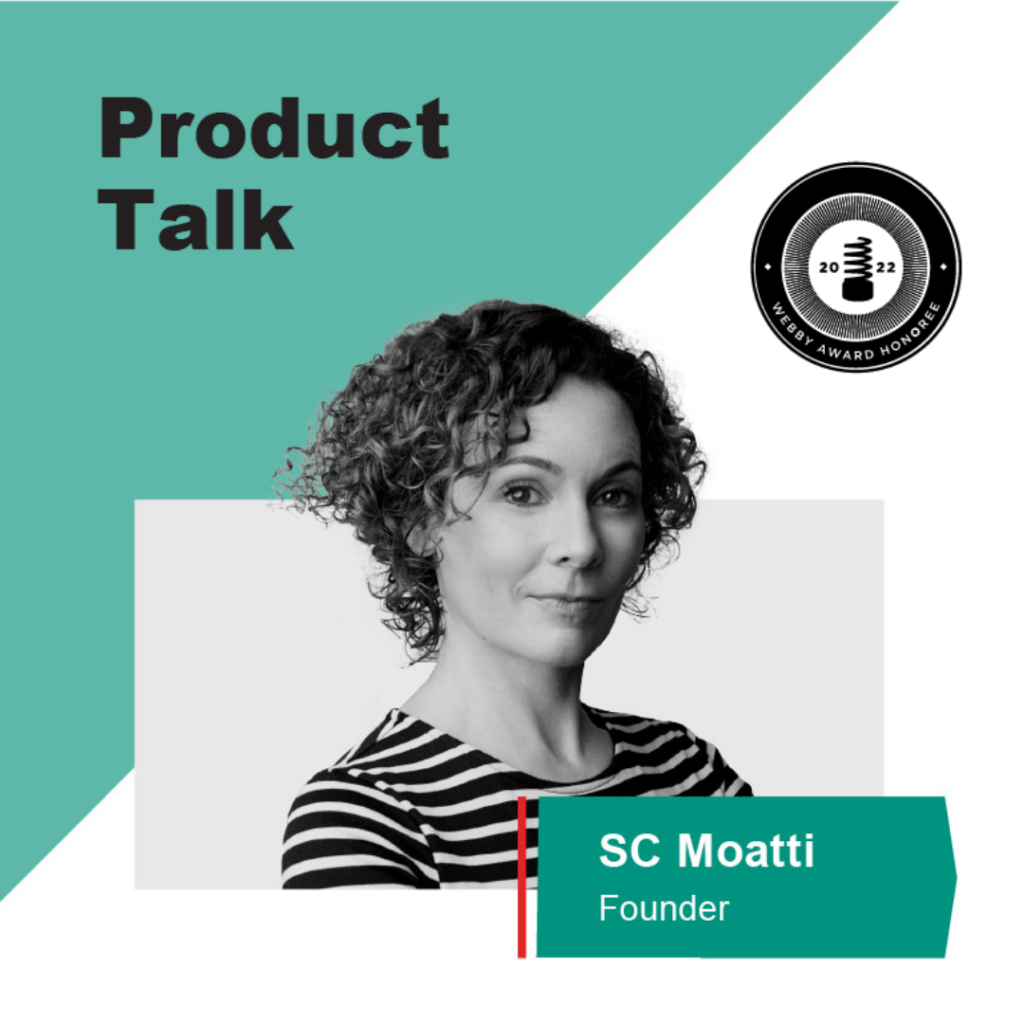If you caught our newsletter today, we took a moment to highlight an ongoing series by our host, Capsule Product Director Samantha Scott, that focuses on the digital healthcare industry. If want to stay fresh on what’s happening in digital health products, reserve a Sunday morning to catch up on past episodes with Spring Health Head of Product and Ro Head of Product, but first let’s roll through the highlights from this week’s episode.
This week, we welcome to the mic Big Health CPO Kelvin Kwong for an in-depth discussion on cognitive behavioral therapy and what it takes to be a product leader in digital health. Listen to the full episode right here and catch a few of the insights below, then make sure to subscribe for weekly updates so you never miss out on a conversation with leading product executives, dropping fresh every week.

On building products for digital health
Every industry requires a keen attention to the needs of the user. Healthcare not only requires it – it demands it. When a product leader steps into the space of digital health, the importance of understanding the customer and their needs cannot be underestimated which is why safety and feedback loops stay front and center. Kelvin sheds light on the similarities and distinctions that come into play when building for digital health products.
“The cycle of improvement within mental health or clinical psychology today is similar to AB testing, just happening on a much slower scale, typically measured in years as opposed to weeks or months. Really, we’re emulating clinical judgment in what we think would actually be helpful, which is why we have clinical psychologists embedded in our teams to actually conceptualize, build, and design any refinements.
“First and foremost, and this should be true across all products, is that the line that we do not cross is safety. If we believe that something could potentially improve how efficacious our product is, but comes with some safety risk, that is a line we do not cross.”
“By using the DSM-5, a standardized set of clinical questions of 1000s of data points, we actually get a very rich and high fidelity read on where you are in your condition throughout the user experience. From a building perspective, that means we are truly building for your outcomes and needs, not engagement.”
On product careers and what makes a great product
Whether it’s for digital health products, or for online gaming, the principles of product management stay the same. The goal is to solve a user need in the most effective manner possible. Bringing in beautiful design and technology that makes the consumer go “wow” is the cherry on top of the product cake. Kelvin shares his product management career advice for anyone just starting out or looking to find themselves in the C-suite.
“For those wanting to be a CPO, the first question is to ask why you want to do it. You have to understand, if even just for yourself, what you find attractive about it.”
“Early in my PM career, I famously said that I “never wanted to be a tech exec”. What I realized as I progressed through my career was that building a team actually has a lot of the same elements that I enjoy the most about building products. If you think about the design process alongside the hiring process, I use a lot of the same frameworks and processes that one would use in building a product.”
“Really cool technology and beautiful design are important elements, but they are important in order to solve a user need. There are a number of products with boring technology and vanilla design but that solve true needs. Those are the ones that really end up making a big impact.”
About the host
Samantha Scott has carved an active history in product management, starting with NexJ Systems and moving from AppNexus to Etsy. Samantha is currently pursuing an MBA at Harvard Business School to further enhance her business acumen. Prior to that, she was the Director of Product Management at Capsule, a healthcare technology that provides clinical surveillance and medical device integration. Her career is backed by a Bachelor of Applied Science in Systems Design Engineering from the University of Waterloo. Before delving into products and product management, Samantha served as Toronto Hydro’s Compliance and Quality Analyst and TD’s Business Analyst.